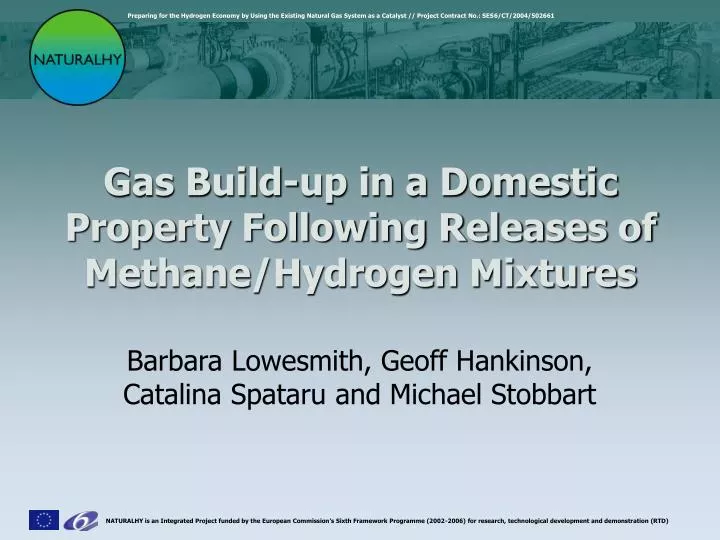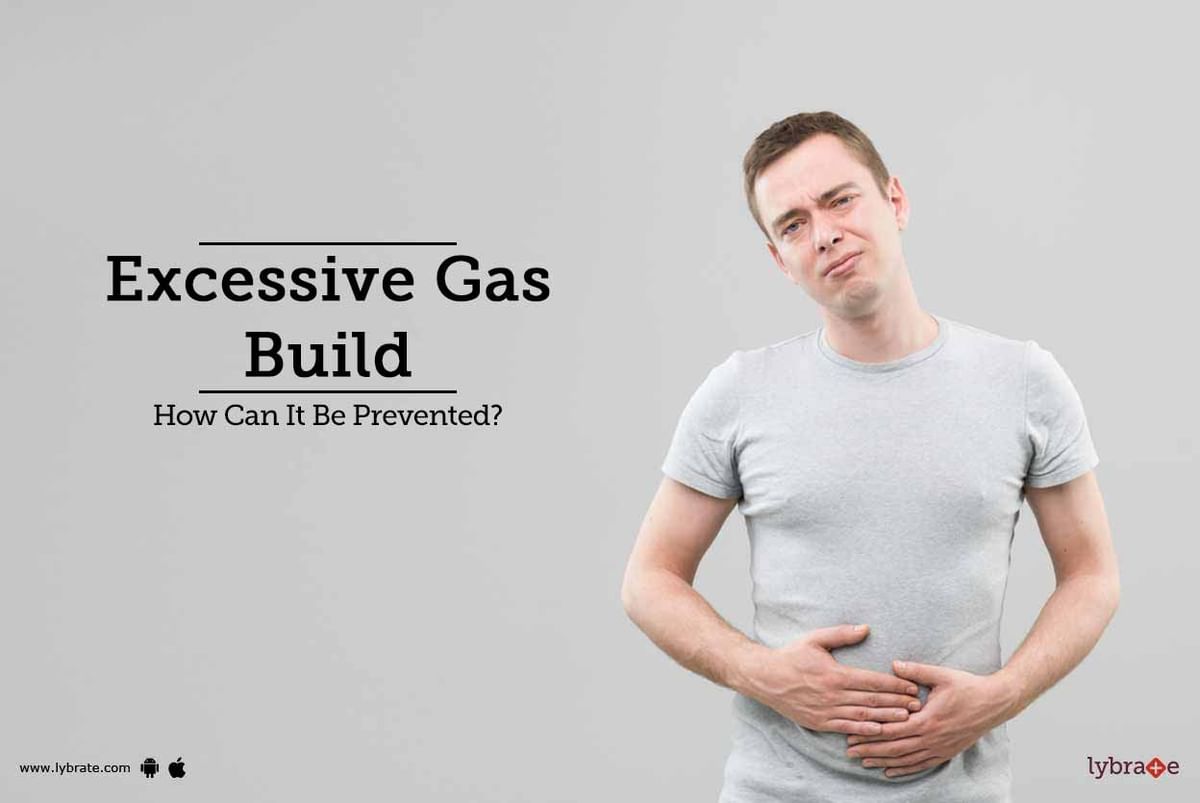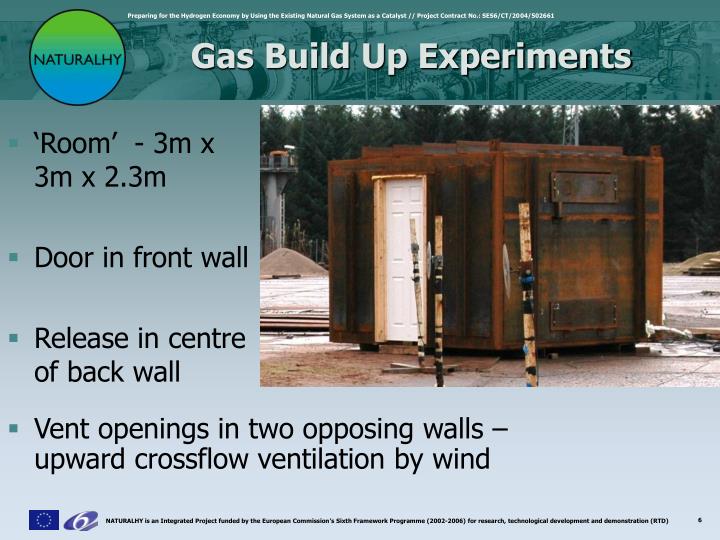Chest pain, pressure, or tightness; When large amounts of intestinal gas build up over a very short time there can be severe evacuation of the gi tract, including diarrhea or explosive flatulence where stool is expelled with the gas. Pain that may spread to arms, neck, jaw, or back
PPT Gas Build up in a Domestic Property Following Releases of Methane/Hydrogen Mixtures
What causes pressure to build up in your gas tank?
Your gas tank will experience a pressure buildup as vapor pressure increases from heat.
Liquid gasoline will release gasses in the tank, the amount of which is changed by the temperature of the gas. This is usually stabilized with the evaporative emission control system, known as the evap. Trapped gas can cause discomfort, so don't hold it in. If you can, relieve it by burping, passing gas or attempting a bowel movement.
If you experience trapped gas often, consult with your medical provider. Gas at night may be due to diet, swallowing air, or conditions such as irritable bowel syndrome (ibs). Depending on the cause, treatments can include dietary changes and preventive steps. It can be quite an embarrassing problem and make us feel

Your body gets rid of gas by burping or by passing it through your anus.
Most foods with carbohydrates cause gas. The most common symptoms of gas are burping, passing gas, belly or abdominal bloating, and abdominal pain. You can often reduce gas pain by changing your diet, taking medicines, and reducing how much air you swallow. Xenon is a noble gas that has an atomic number of 54 and an atomic mass of 131.3 g/mol.
It has nine stable isotopes and seven known radioactive isotopes. Passing gas is a typical part of the digestion process. However, if gas builds up in the intestines, it can be painful. Trapped gas has several different causes and various treatment options.

Gas in your stomach is primarily caused by swallowing air when you eat or drink.
Most stomach gas is released when you burp. Gas forms in your large intestine (colon) when bacteria ferment carbohydrates — fiber, some starches and some sugars — that aren't digested in your small intestine. Here are some quick ways to expel trapped gas, either by burping or passing gas. Movement may help you expel the gas.
Gas is a normal part of the digestion process. If you're unable to expel gas, you may start to feel pain and discomfort. Learn 10 ways to relieve gas pain and bloating. This article outlines the symptoms of stomach gas and its various causes.

It also outlines the different treatment options for stomach gas and provides information about when to see a doctor.
Belching is commonly known as burping. It's your body's way of pushing out excess air from your upper digestive tract. Most belching is caused by swallowing excess air. This air most often never even reaches the stomach.
Instead, it builds up in the esophagus. When your intestines have too much gas in them, it can cause stomach pain, bloating, and general discomfort. Gas at night may be due to diet, swallowing air, or conditions such as irritable bowel syndrome (ibs). Depending on the cause, treatments can include dietary changes and preventive steps.

It can be quite an embarrassing problem and make us feel
Your body gets rid of gas by burping or by passing it through your anus. Most foods with carbohydrates cause gas. The most common symptoms of gas are burping, passing gas, belly or abdominal bloating, and abdominal pain. You can often reduce gas pain by changing your diet, taking medicines, and reducing how much air you swallow.
Joints can be forced apart through natural everyday movements, or deliberately, such as at the hands of an osteopath. When this happens, the low pressure in the joint space causes gases within the synovial fluid (a natural lubricant in the joint) to form a gas cavity, which comprises oxygen, nitrogen and carbon dioxide. How can you avoid this? If it happens to you often, what are the possible ways to reduce its occurrence?
Find out how i coped with my ostomy bags ballooning issues.
All engines develop performance issues over time, whether they’re gas, diesel or ethanol. Carbon deposits reduce performance and fuel economy. Water and ethanol corrode key engine parts. This fact sheet is about methane gas in well water and what actions need to be taken to protect yourself from methane gas.
Methane is a colorless, odorless gas. Methane can dissolve in water and escape to the air as a gas. Methane gas can build up in poorly ventilated areas and cause a fire or explosion. There are certain things that relieve gas right in your own kitchen.
You can try eating mustard on your food, a natural substance that relieves gas.
Other things include cumin, turmeric, and cardamom. Septic tank gas exposure leads to a wide range of health issues. At low levels, apart from its characteristic foul odor, you’re likely to experience fatigue and headaches. Severe cases of septic tank gas exposure are more deadly.
This slowdown allows more opportunity for gas to build up. excess gas also can arise if you swallow too much air — for instance, when you eat too fast or too much, or when you talk while eating. Whatever its origin, the excess gas usually rises up the esophagus and exits the body via a belch, or it continues through the digestive tract and If the melt temperature is too high, excess gas can be generated and degrade the materials. Along these lines, too much shear can lead to too high of a melt temperature, which can lead to the gas buildup.
Most of the time, buildup is caused by poor venting.
Gas is eliminated by burping or passing it through the rectum. Most people produce about 1 to 4 pints of gas a day and pass gas about 14 times a day.